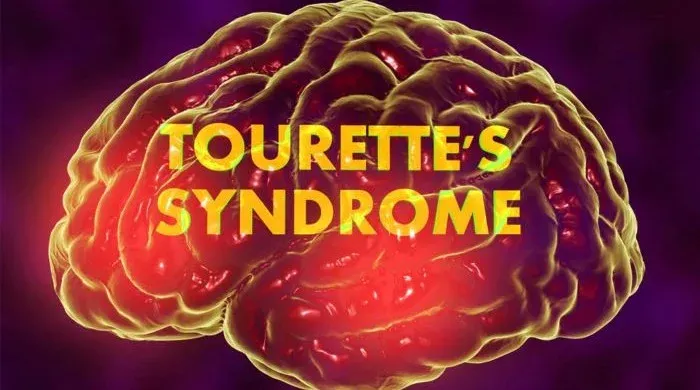Understanding Tourette Syndrome: Symptoms, Causes, and Treatment Options
Understanding Tourette Syndrome: Symptoms, Causes, and Treatment Options
Written by Muhammad Nadeem KhanTourette Syndrome (TS) is a neurological disorder characterized by repetitive, involuntary movements and vocalizations known as tics. It typically begins in childhood and can vary widely in severity and frequency. While Tourette Syndrome is often misunderstood, raising awareness and providing accurate information about this condition is important. In this comprehensive guide, we will explore the symptoms, causes, diagnosis, and treatment options for Tourette Syndrome.
What is Tourette Syndrome?
Tourette Syndrome is a neurodevelopmental disorder that affects the brain and nervous system. It is characterized by involuntary motor and vocal tics, sudden, repetitive movements, or sounds that occur repeatedly. Tics can range from mild to severe and can change over time. While the exact cause of Tourette Syndrome is unknown, it is believed to involve a combination of genetic, environmental, and neurological factors.
Symptoms of Tourette Syndrome
The hallmark symptoms of Tourette Syndrome are tics, which can be either motor or vocal. Motor tics involve involuntary movements of the body, such as blinking, head jerking, shoulder shrugging, or facial grimacing. Vocal tics, on the other hand, involve involuntary sounds or words, such as throat clearing, sniffing, grunting, or shouting out words or phrases. Tics typically begin in childhood, usually between the ages of 2 and 12, and tend to peak in severity during adolescence before gradually improving in adulthood.
Causes of Tourette Syndrome
The exact cause of Tourette Syndrome is not fully understood, but it is believed to involve a combination of genetic and environmental factors. Research suggests that there may be abnormalities in certain areas of the brain, particularly the basal ganglia and frontal cortex, which are involved in movement, behavior, and impulse control. Additionally, certain genetic mutations or variations may increase the risk of developing Tourette Syndrome, although not everyone with these genetic factors will develop the condition.
FOR THE COMPLETE ARTICLE: CLICK HERE
The information provided in this article is intended for educational and awareness purposes only.
It is highly recommended to consult with a qualified healthcare provider or physician before making any decisions regarding your health or medical care.
We do not take responsibility for any adverse effects, complications, or outcomes resulting from the implementation of the information provided in this article. Each individual's health condition is unique, and what works for one person may not work for another.





Comments
Post a Comment